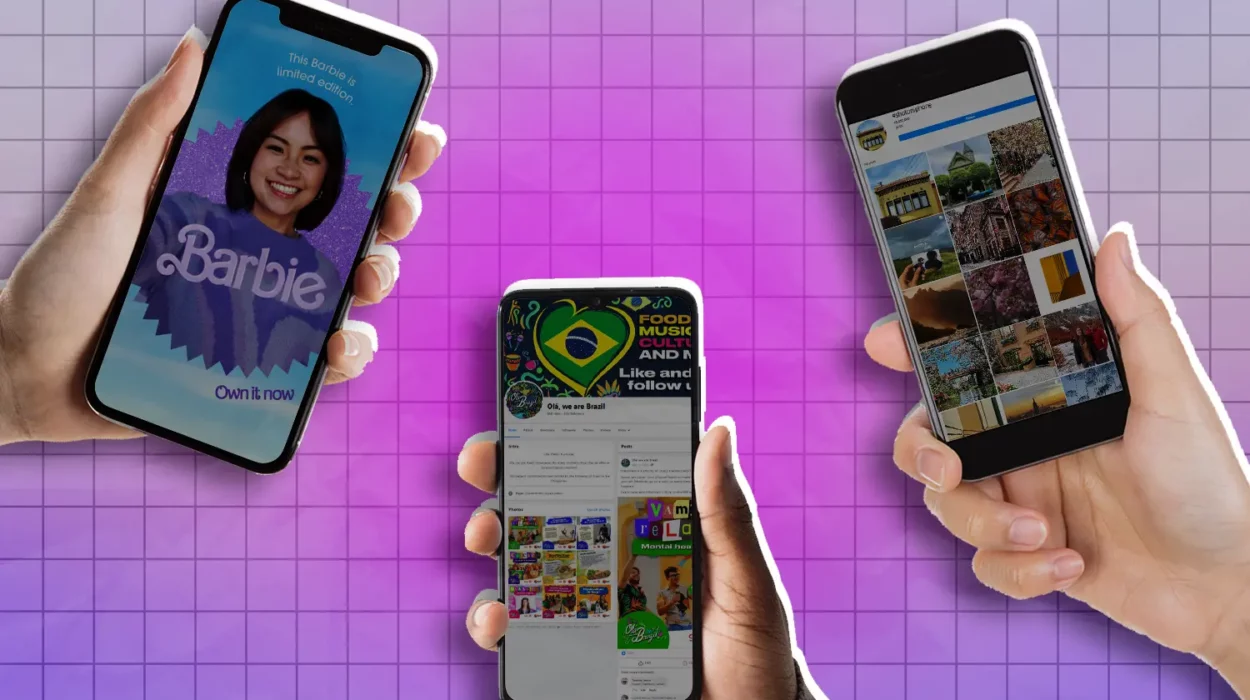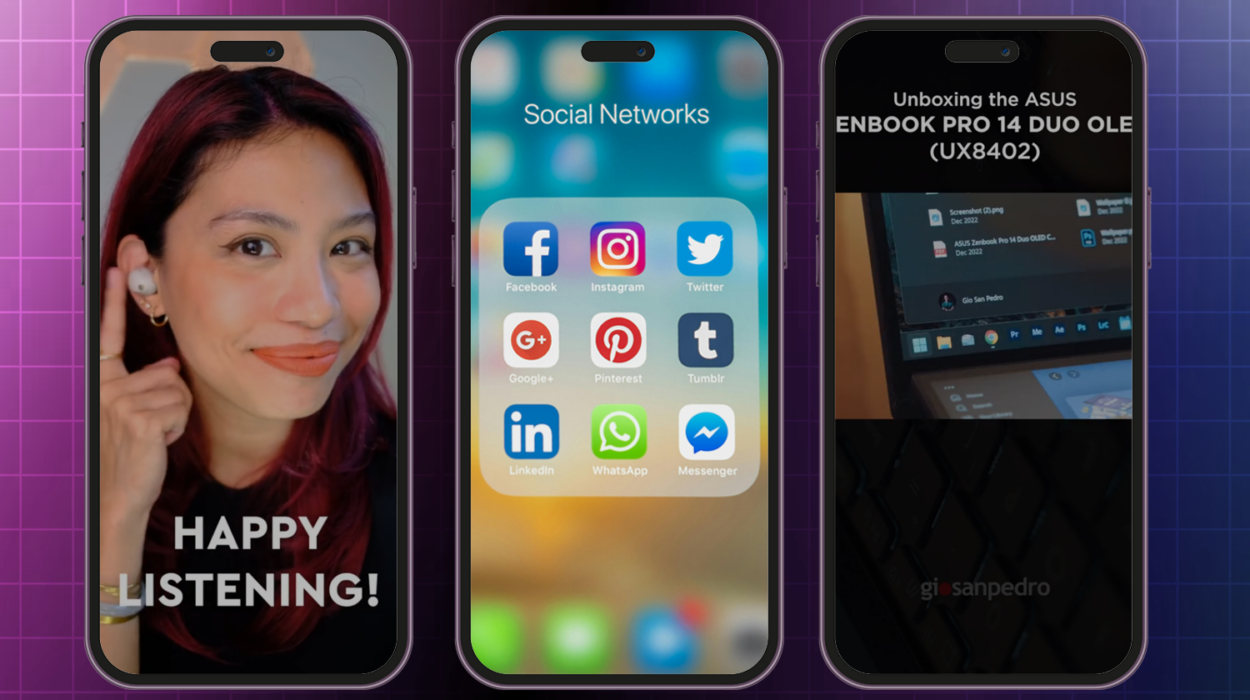Science, Technology, Engineering, and Mathematics (STEM) has historically been a male-dominated field. Nowadays, the internet provides many opportunities for women in the industry to access more resources, collaborate with others, and share their expertise across multiple channels. Women can now participate in forums and conferences, build their networks, and advance their careers more freely.
With other opportunities for learning and networking like online courses and social media, it’s become easier than ever for women to break into the industry. Thanks to this, data in 2020 showed that women represented 45 percent of students in STEM fields—a 5 percent increase from 40 percent in 2010.
However, the added opportunities and larger platforms have also left them vulnerable to the same roadblocks that may have barred them from the industry to begin with.
The struggle for representation
With the rise of online spaces, women now have to navigate both the real-life challenges of the industry and a new set of virtual hurdles—exposing them to the darker side of online harassment and abuse. While it’s easier for women to see and be seen by other women in the field, they may also be exposed to disrespectful comments, harassment, and even the risk of being doxxed.
One of the most poignant instances of this was Gamergate, the year-long hate campaign against women in the computer science and gaming industry that ran from 2014 to 2015. During this period, members of online gaming communities targeted women under the guise of fighting back against unethical journalism in the gaming industry. They were subjected to disrespectful comments, sexual harassment, and death threats.
In a broader sense, women in STEM may also be subject to ridicule for being the only woman in the room. Along with the risk of not being taken seriously, they also have to endure isolation from their peers, stereotypes, and a wage gap.
Unfortunately, this treatment could disenfranchise women in the field and discourage more from participating in it.
However, this also highlights the importance of representation in the field. With the increase in the number of women in STEM, seeing a woman in the industry should ideally be normalized to the point that harassment is no longer a threat. This is especially important for young girls who hope to enter STEM fields in the future.
The importance of staying online
Despite these challenges and many others, women in STEM persist online. They continue to expand their connections, share knowledge and insights, and advocate for greater diversity and inclusion in the industry. Recognizing the importance of representation, women strive to keep being visible and vocal in these online spaces.
Hashtags promoting and celebrating their efforts such as #WomenInSTEM, #WomenInScience, and #WomenInTech still have new content coming out each day, especially after the recent International Women’s Day. Last year, the hashtag #spamdecientificas circulated on Colombian Twitter. Directly translating to “female scientist spam,” it allowed Colombian women to boost their reach and stakes in the country’s STEM community.
These hashtags host communities that can provide a space for women to share their experiences, ask for advice, and connect with others who share their interests and goals. These networks can also provide mentorship and career opportunities, helping more women build their skills and advance in their careers.
The increase of women in STEM and the success of these hashtags are a testament to the fact that audiences want to see women succeed. Despite the added disadvantages of online spaces, women have still been able to succeed in their chosen fields, as well as encourage more women and girls to join them there. With this, data from the past two years even shows that women outnumber men as students in colleges.
Establishing a reputation as an organization that can uplift and empower women can attract more patrons and relevant stakeholders with shared values.
M2.0 is a public relations and communication agency in the Philippines that offers reputation management and PR advisory services. For 16 years, we have been helping brands tell their stories through meaningful and data-driven narratives.


